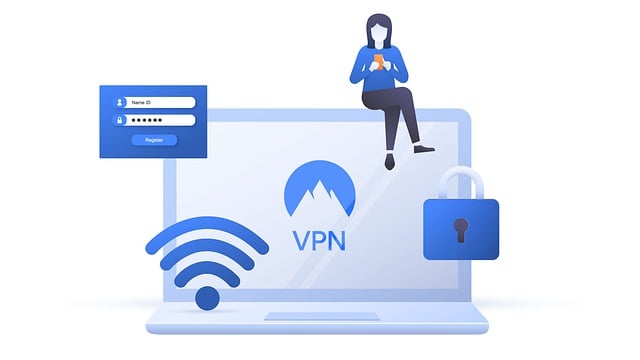How a VPN Can Protect You from Cyber Threats
With the increasing number of cyber threats and data breaches, protecting your online privacy has become more important than ever.
One of the most effective ways to safeguard your online presence is by using a Virtual Private Network (VPN).
In this blog, we’ll explore how a VPN works, the various types of cyber threats it can protect you from, and why it’s an essential tool for anyone who values their online privacy and security.
What is a VPN and How Does it Work?
A VPN is a secure and private network that allows you to access the internet by routing your traffic through an encrypted tunnel.
It essentially creates a secure and encrypted connection between your device and the internet, thereby protecting your online data and privacy.
When you connect to the internet through a VPN, your device establishes a connection to a remote VPN server.
Your internet traffic then gets encrypted and transmitted to the VPN server, which decrypts it and sends it to its destination on the internet.
This process protects your online data and activities from prying eyes, including hackers, cybercriminals, and even your internet service provider (ISP).
The VPN server also acts as a middleman, hiding your IP address and replacing it with its own, which makes it impossible for websites, advertisers, and hackers to track your online activities.
Types of Cyber Threats that a VPN can Protect You From
-
Malware Attacks
Malware is a malicious software that can cause harm to your device and steal sensitive information.
The most common types of malware include viruses, Trojans, and spyware.
VPNs help protect you from malware attacks by encrypting your internet traffic, making it nearly impossible for malware to penetrate your device.
-
Phishing Scams
Phishing scams are malicious websites or emails that pose as trustworthy sources and trick you into entering your sensitive information.
VPNs help protect you from phishing scams by hiding your IP address and location, making it difficult for phishing scams to target you based on your location or personal information.
-
Man-in-the-Middle (MitM) Attacks
MitM attacks are when an attacker intercepts your internet connection and eavesdrops on your online activities.
VPNs protect you from MitM attacks by encrypting your internet traffic, making it impossible for anyone to intercept and steal your sensitive information.
-
Public Wi-Fi Security Risks
Public Wi-Fi networks are often unsecured, leaving your online data and activities vulnerable to cyber threats.
When you connect to a public Wi-Fi network without a VPN, your device becomes a sitting duck for hackers and cybercriminals who are looking to steal your sensitive information.
VPNs protect you from public Wi-Fi security risks by encrypting your internet traffic, making it difficult for hackers to penetrate your device.
Why is a VPN an Essential Tool for Online Privacy and Security?
-
Protects Your Personal Information
One of the most important benefits of a VPN is that it protects your personal information, such as your name, address, credit card number, and more.
By encrypting your internet traffic, a VPN makes it difficult for anyone to access your personal information and steal it.
-
Prevents Online Tracking and Surveillance
VPNs prevent online tracking and surveillance by hiding your IP address and location.
This makes it difficult for websites, advertisers, and hackers to track your online activities, thereby protecting your online privacy.
-
Unblocks Geo-Restricted Websites and Services
Many websites and services, such as streaming platforms, are geo-restricted and only available in certain countries.
VPNs allow you to access these geo.
